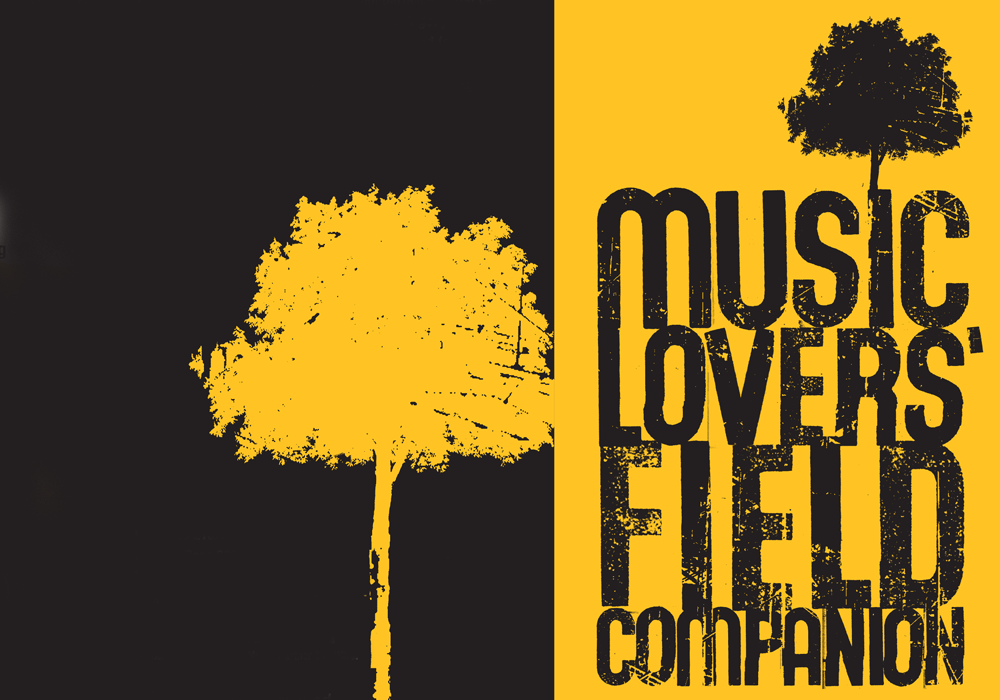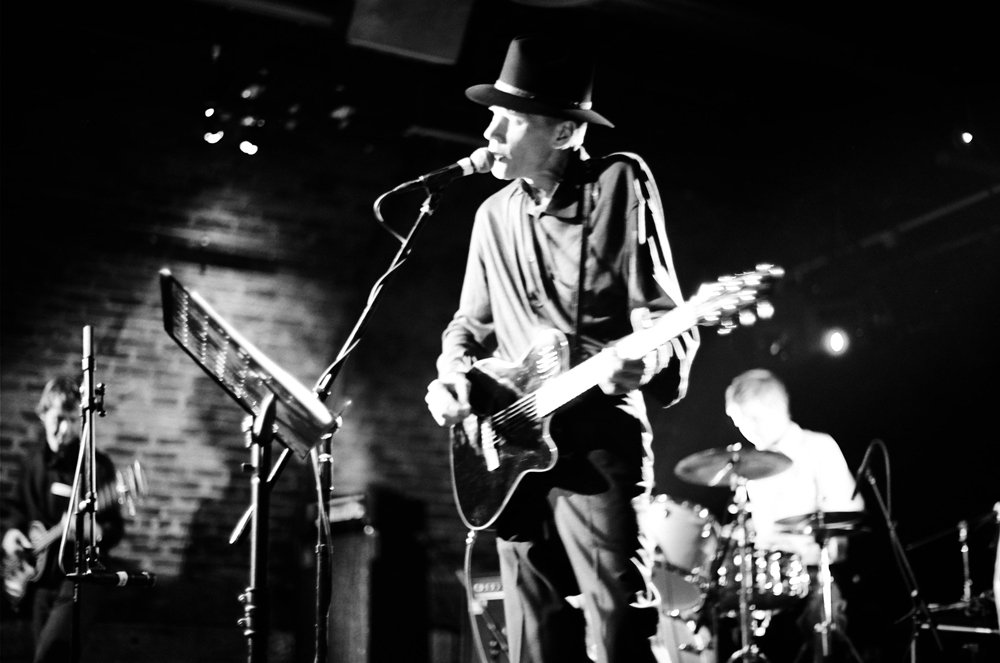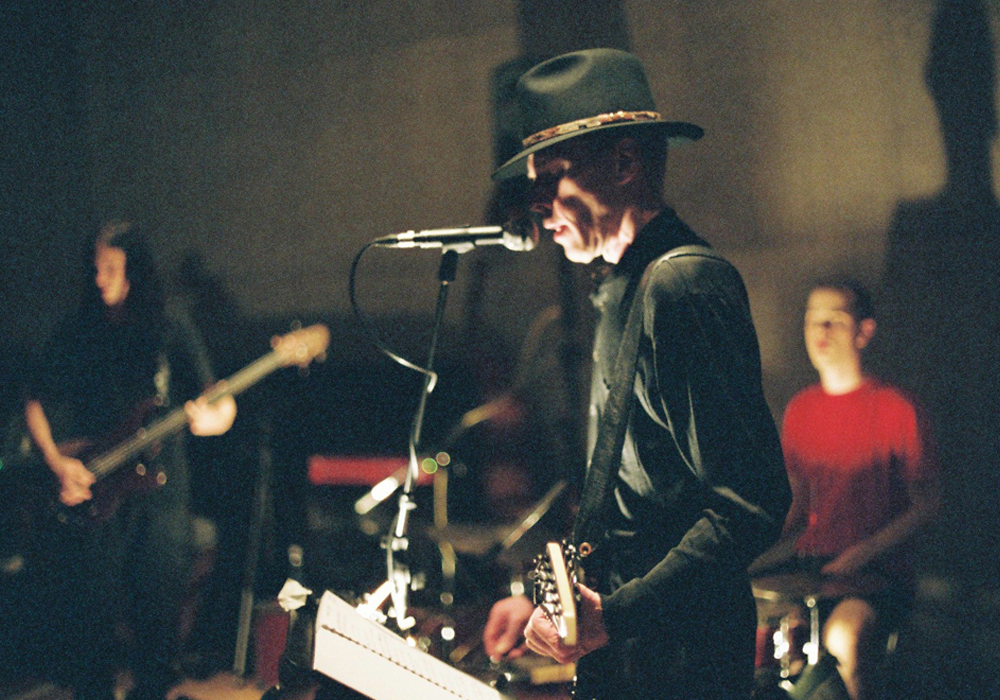
Hope and Prey
Daniel Menche Vanessa Renwick
Life and death dramas unfold in the snowy American North, using three-screen documentary footage and a soundtrack by KYTN favourite, vocalist Daniel Menche.
Arika have been creating events since 2001. The Archive is space to share the documentation of our work, over 600 events from the past 20 years. Browse the archive by event, artists and collections, explore using theme pairs, or use the index for a comprehensive overview.

Life and death dramas unfold in the snowy American North, using three-screen documentary footage and a soundtrack by KYTN favourite, vocalist Daniel Menche.

Three short performances involving social exchange (jumpers, hats, glasses…) and singing (ballads)

A three-day celebration surveying all manner of diverse musical activities, which at their core share a basic kinship: one of exploration and the discovery of musical expresssion.

Sadia Shirazi & Mezna Qato will discuss a series of scores that explore the texture and landscape of exile, resistance, and Muslim sociality. These instructional scores trouble the idea that art and activism are untouched by faith and faith is untouched by art and activism.
Camille Sapara Barton author of Tending Grief will facilitate this BIPOC only session around somatics and racial justice.

A short chat about what we (Arika) might be trying to do with our program for the Biennial.

Radu plays a trombone, Klaus creates pure sine waves: they sound on their own, or sometimes together and often with considerable space and silence.

Jandek’s first ever live performance. Unannounced, the performance was a total surprise for everybody at the festival.
Brother and sister stumble over the early morning horizon in a spectral haze of emotionally devastating lunar vocals and oblique, lithium-soaked folk.

Performances at Anthology Film Archives by by Loren Mazzacane Connors, Alan Licht & Jandek.

“The miracle of Herman Melville is this: that a hundred years ago in Moby Dick…he painted a picture of the world in which we live, which is to this day unsurpassed.” – C. L. R. James

What might Carter and Parker’s collaboration tell us about our own performances of responsibility and liberty, whether individual, social or musical?